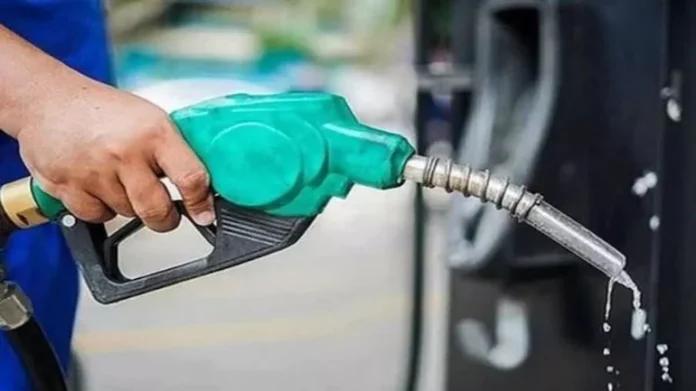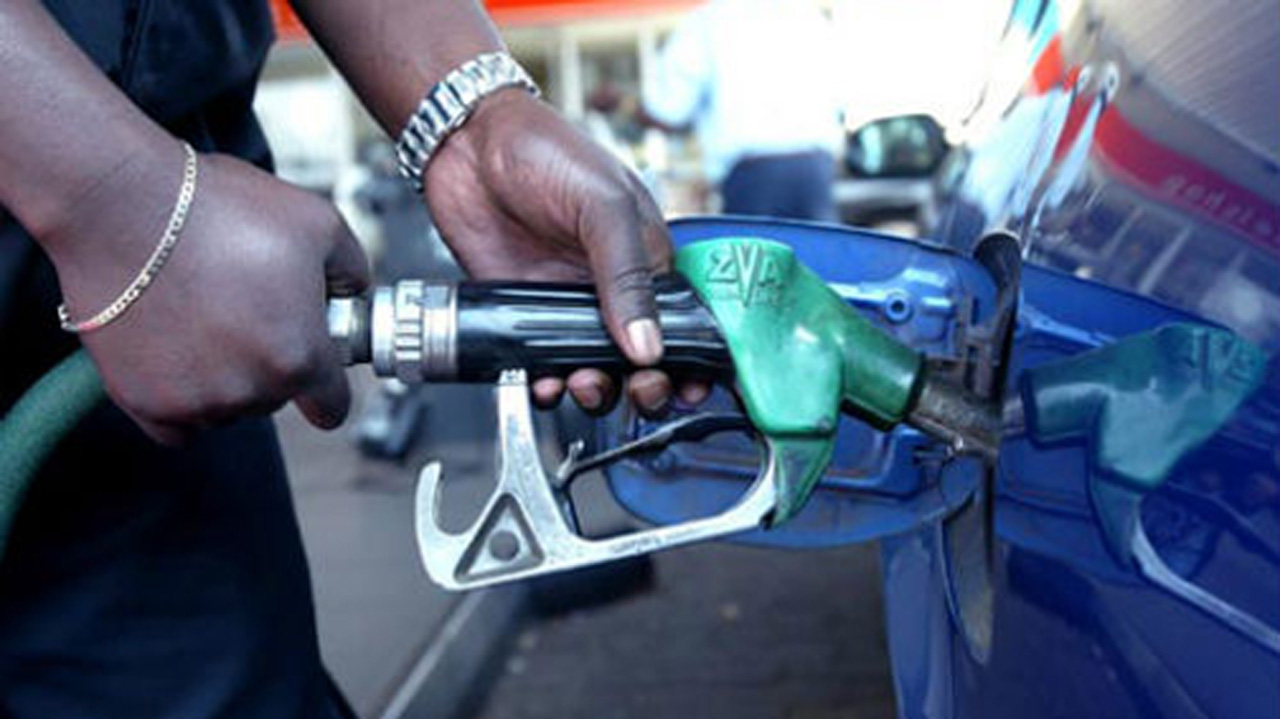Nigerians may soon breathe a sigh of relief at the pumps as the federal government has confirmed the continuation of the naira-for-crude oil policy, a move that experts say will likely drive down local petrol prices amid falling global crude oil prices.
The policy, which allows local refiners to purchase crude oil using naira instead of the dollar, is seen as a strategic attempt to bolster domestic refining, reduce foreign exchange pressure, and ultimately ease the burden on consumers who have endured fluctuating fuel prices.
“This initiative, coupled with declining global oil prices, will lead to a drop in local petrol prices and provide some form of relief for consumers,” an oil analyst said on Wednesday. Brent crude closed at $60.61 per barrel—a 3.52 percent dip—while WTI crude traded at $57.31, down 2.21 percent from the previous day, driven largely by mounting global trade tensions.
Industry watchers point to the ongoing trade war between the United States and China as a major trigger. With the U.S. slamming a 104 percent tariff on Chinese imports and at least 10 percent on other trade partners, China has hit back with an 84 percent levy on American goods. These developments have led to sharp reactions in the global oil market, creating an environment conducive to falling fuel prices.
Back home, the Technical Sub-Committee on the Crude and Refined Product Sales in Naira initiative met on Tuesday to evaluate progress and implementation challenges. A statement shared on X (formerly Twitter) reaffirmed the Federal Executive Council’s backing for the policy, stating that the initiative “is not a temporary or time-bound intervention, but a key policy directive designed to support sustainable local refining, bolster energy security, and reduce reliance on foreign exchange.”
While the policy has encountered implementation hurdles, stakeholders say these are being addressed through coordinated efforts. “The initiative remains in effect and will continue for as long as it aligns with the public interest and supports national economic objectives,” the statement added.
This reassurance comes at a time when doubts had emerged over the sustainability of the policy, with Africa’s largest oil refinery—Dangote Refinery—reportedly exploring alternative sources for crude. On March 13, BusinessDay reported that the refinery was considering increased crude imports from Angola and Algeria amid uncertainty over the naira-for-crude arrangement.
Bloomberg data shows that since the beginning of the month, Dangote Refinery has received over three million barrels of American crude. In addition, it recently imported Angola’s Pazflor grade and Algeria’s Saharan Blend through Glencore Plc.
Despite these external purchases, the refinery’s reliance on Nigerian crude remains substantial. Analysts at Energy Aspects Ltd. noted that daily crude deliveries to Dangote averaged 450,000 barrels in the last two weeks, up from 380,000 per day in January and February.
As global oil prices continue to decline and the naira-for-crude deal gains momentum, Nigerians are watching closely—hoping these developments will finally translate into lower petrol prices and a reprieve from the financial strain of fuelling everyday life.














